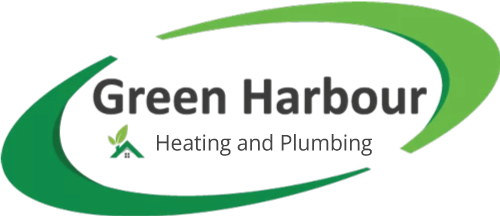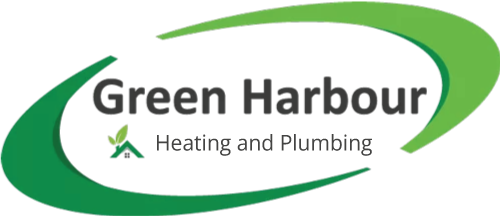Volatile Times Ahead For Domestic Energy Bills
It has been a tumultuous two years on the world energy markets. Firstly, pandemic related supply and delivery issues resulted in sharp increases in oil and gas prices. And then war broke out in Ukraine with Russia, Europe’s largest gas and oil supplier, targeted by the west with sanctions. Germany and the other large European economies are being slowly marched into a full embargo of Russian oil and gas which will lead to a major spike in demand for these fuels from other sources around the world, causing further upward price pressures.
The Midlands, with its tradition of turf burning, has been particularly badly effected. While the Government has backtracked, to a degree, on some of the more draconian measures to ban turf, the future of turf and other fossil fuels looks grim as Global warming continues to pose an existential threat to humanity. Carbon taxes are here to stay and the only way they are going is upwards.
So how can householders insulate themselves against sharp fluctuations in the cost of heating and lighting their homes? The Government is promoting the household retrofit programme and is providing grants of up to 50% per cent. However, given the total cost of a retrofit can vary from €35,000 to €70,000, it is still not financially feasible for many households to take this route.
In our blog over the next few weeks we will discuss lower cost methods of reducing your house heating bills, ranging from bio-mass to heat pumps to solar to full retro-fit.
First, biomass: When we refer to biomass we usually mean wood pellet burning. Wood pellet stoves are efficient and sustainable sources of heat and represent a quick and easy way to wean yourself off more costly fossil fuel. They come in many shapes and sizes. You can install a room heater or a back boiler which will heat all the radiators in your home. Because pellet stoves don’t require a chimney, they can be installed in less than a day.
If choosing a backboiler, a good rule of thumb is to multiply the amount of radiators in the house by 1.5. For example, a house with ten radiators would require a 15kw stove.
For supply, all the fittings and installation, a room heater will cost €2000-€3,000, while a backboiler will set you back €5,000-€8,000 depending on brand and size.
A wood pellet stove can replace your boiler and provides as much heat as you want or can afford. It is more efficient than other common heat sources like oil, natural gas, coal and turf. The wood pellets generally come in 15kg bags which, depending on usage, can provide up to two days of heat for €8.50. Most come with remote controls or wifi boxes so they can be switched on before you arrive home.
Wood Pellets
| Pros | Cons |
| More efficient than fossil fuels.Less expensive and volatile than fossil fuels.Ease of UseCleaner than coal or turfInstant heatGood for the environment. | More expensive than gas or oil boilersRequires an annual serviceOnly high quality pellets should be used. |
James Kelly is CEO of Green Harbour energy solutions, Edenderry, Co. Offaly. info@greenharbour.ie









